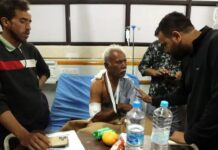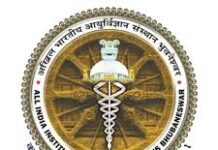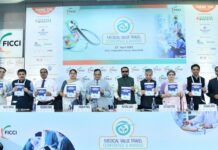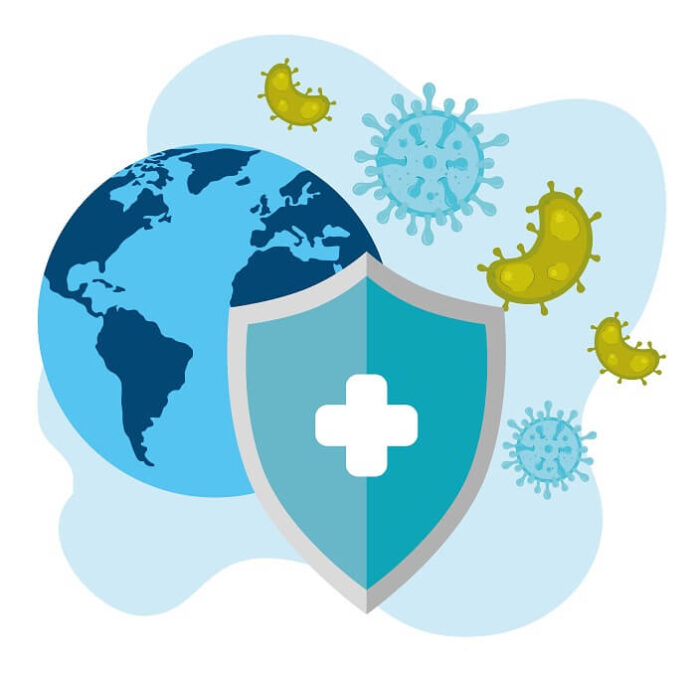Saima Wazed, the World Health Organization (WHO) Regional Director for Southeast Asia, emphasized on Monday that developing countries are particularly vulnerable to antimicrobial resistance (AMR). This escalating global health crisis weakens the efficacy of critical medicines and complicates the treatment of infectious diseases worldwide.
Speaking during World Antimicrobial Awareness Week (WAAW), observed annually from November 18-24, Wazed highlighted the urgency of addressing AMR. This year’s theme, “Educate. Advocate. Act now,” underscores the need for immediate and sustained efforts at all levels to combat AMR.
Alarming Impact of AMR
According to WHO data, bacterial AMR directly caused 1.27 million deaths globally in 2019, with an additional 4.95 million deaths linked to AMR. Wazed identified key factors exacerbating AMR in developing nations, including high population density, limited access to healthcare, and the misuse of antimicrobials.
“The urgency of addressing AMR is undeniable,” she said, pointing to these challenges as significant contributors to the growing threat in low- and middle-income countries.
Recent Global Commitments
This year’s WAAW follows significant milestones, including the approval of the 2024 Political Declaration on AMR during the 79th United Nations General Assembly (UNGA) High-Level Meeting on AMR, and the 4th Global High-Level Ministerial Conference on AMR in Jeddah.
“The declaration sets ambitious goals, including ensuring that at least 60% of countries implement funded national action plans by 2030,” Wazed noted, adding that sustainable financing for AMR initiatives is a crucial element of the plan.
Call for Immediate Action
As reported by medicaldialogues, Wazed urged the global community to take decisive action by:
- Educating stakeholders about AMR.
- Advocating for bold political and financial commitments.
- Ensuring concrete measures are implemented to address AMR.
“The decisions we make today will shape the health of future generations,” she said, calling for leadership and commitment to translate plans and promises into tangible results.
World Antimicrobial Awareness Week serves as a vital reminder of the collective responsibility to tackle AMR and protect public health for years to come.























